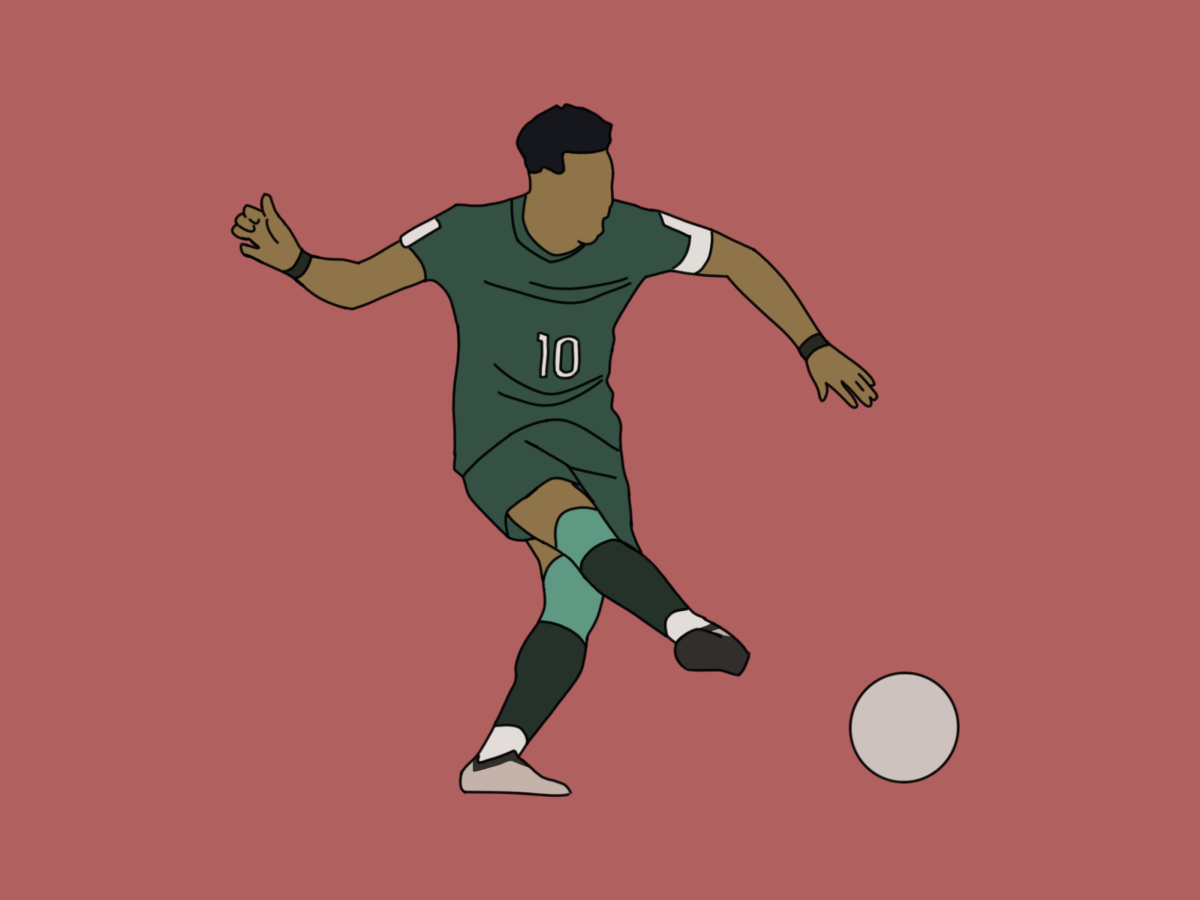Endless smog, blaring car horns, and streets lined bumper-to-bumper with an endless chasm of steel automobiles. In October of 1973, every American in nearly every suburban neighborhood across the country was waiting for their turn in line for the same precious resource— gasoline.
For more than 80 years, Saudi Arabia has been a chief international exporter of crude oil. Composing more than a third of its modern-day GDP, the basis of the entire Saudi Arabian economy relies on this natural resource. In fact, cuts to Saudi oil production of just 25% in 1973 was great enough to cause a nationwide energy panic, with some even declaring that “The great American ride is (finally) over.” The power of the Saudi oil weapon was almost akin to a weapon, as the nations around the world became beholden to the country’s interests in order to obtain their own share of precious oil.
Today, that same natural resource which once commanded countries seems to have lost its edge. Prospects of a clean energy future, domestic production, and increasing U.S. importations from countries including Canada have all defanged the once formidable force of oil. The country’s national response to this waning influence? A $1 billion dollar investment in golf.
Saudi Arabia recently proposed a deal to invest over a billion dollars into an upcoming tour by the Professional Golf Association. This single investment is a piece of a larger national rebranding strategy that has developed over the course of a decade. To diversify the economy and shift economic dependence away from oil, the country has invested significant sums in various sports including soccer, boxing, wrestling, and of course, golf.
While Saudi Arabia has spent roughly $6.3 billion dollars organizing various sport-related contracts and deals since 2021, the history of their investments stretches back far further. The Saudi Public Investment fund was created in 1971 to subsidize industries and companies that were of national importance to the country. Since the creation of the fund, dozens of teams and events have been sponsored by state-owned companies and funds, with the King Fahd soccer cup in 1992 representing Saudi Arabia’s most decisive investment. Today’s golf investments are just a continuation of the growing trend.
Though sport investments seem like a positive development for the country, many critics have created a new term to describe the supposedly sinister nature of this generous financing: ‘sportswashing.’

(Venice Jingco)
Sportswashing is an attempt to avoid criticism or improve one’s own reputation by diverting scrutiny elsewhere. In the case of Saudi Arabia, some opponents of their new athletic investments claim that the country is attempting to improve its image through the fanfare and hype associated with sports. If people focus a big distraction instead of the country’s long list of humanitarian abuses, perhaps the government would have more leverage to operate in the ethically questionable ways it pleases. But the public shouldn’t be buying the ‘sportswashing’ narrative.
The reality is that the globalization of Saudi sports has actually increased global scrutiny towards the country, and has introduced countless new opportunities toward culturally underrepresented groups. The government has recently licensed women’s gyms and issued driver’s licenses for female athletes who represent the country’s athletic scenes, which represents incredibile progress for Saudi Arabia’s remarkably patriarchal society.
The investment into budding industries also represents economic security for the citizens of the country. Much like the Irish Potato famine, when a country chooses to invest most of its economy in a single resource, a single catastrophic event could bring it crumbling down. When the Saudi Oil reserves inevitably run dry, sport investments will hedge against any downturns in the fossil fuel industry. This is also a significant win in the global transition to cleaner sources of energy, as dependent countries may finally be compelled to stop weaning on foreign energy production that often has little industrial oversight.
Though the Saudi sports presence seems like a strange development for the country, these investments have more substance than many believe. While economic development was the primary goal of these investments, incidentally, sports are also a timeless way to unite millions of people. In a world that seems to lack that crucial sense of unity, friendly competition is hardly a negative change. The Saudi sports industry is here to stay, and perhaps with it, a positive shift in global opportunities, culture, and economy.

